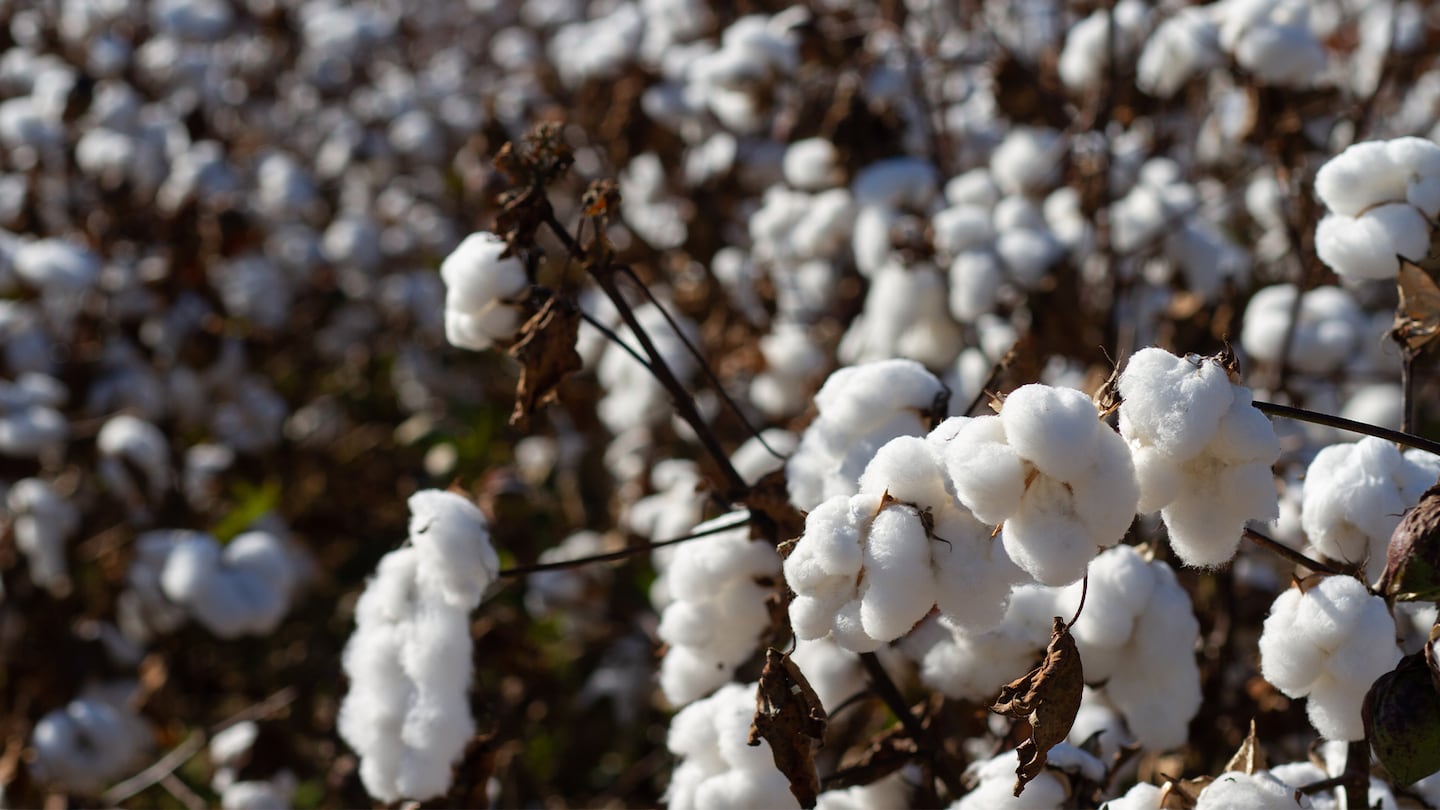
The Business of Fashion
Agenda-setting intelligence, analysis and advice for the global fashion community.

Agenda-setting intelligence, analysis and advice for the global fashion community.

Swiss-based sustainability group Better Cotton said on Thursday it has added new functions to a platform that big retailers use to trace materials through their supply chains.
Better Cotton said retailers including Walmart and Marks and Spencer will be able to tell where cotton was grown and traded, eventually to the level of individual farms. Currently the platform tracks only the total volume of cotton produced.
Jacky Broomhead, Better Cotton senior manager, said the current functionality is much like an electrical customer who knows the sources of generation feeding their local grid, but not to individual houses. “The changes mean you’ll you know what you’re getting. You’ll be able to see the journey the cotton has taken to you as a retailer,” she said.
Created by companies and several nonprofits including the World Wildlife Fund, Better Cotton aims to support improved practices in areas like water and soil stewardship and to promote better working standards. It says it supports 2.2 million farmers globally, accounting for 22 percent of world cotton production.
ADVERTISEMENT
Fashion retailers face pressures from consumers and activist groups to sell products with less environmental impact and made in safe labor conditions.
Better Cotton has suspended its licensing of cotton sourced from the Chinese province of Xinjiang. At the time it cited factors including human-rights concerns and audit difficulties. Western retailers have faced backlash for raising human-rights issues.
Participants in the supply chain for cotton include spinners, traders and manufacturers. Marks and Spencer’s head of materials and sustainability, Katharine Beacham, said it will use the new functionality to track cotton at scale.
“By improving the traceability of our cotton further down the supply chain, we’re able to work with our suppliers more closely,” she said.
By Ross Kerber; Editor: Matthew Lewis
Learn more:
‘Better’ Materials Aren’t Enough to Dent Fashion’s Climate Impact
Fashion brands are sourcing more recycled polyester, certified cotton and deforestation-free viscose than ever, but emissions from the industry’s raw material supply chain have bounced back from pandemic lows.
A study published this week found traces of cotton from Xinjiang in nearly a fifth of the products it examined, highlighting the challenges brands face in policing their supply chains even as requirements to do so spread to raw materials from diamonds to leather and palm oil.
Overconsumption and fast fashion have become easy targets for brands flexing their climate-friendly attributes. Consumers may agree with the message — but take issue with a self-righteous tone.
Traces of cotton from Xinjiang were found in nearly a fifth of samples from American and global retailers, highlighting the challenges of complying with a US law aimed at blocking imports that could be linked to forced labour in China.
The fashion industry continues to advance voluntary and unlikely solutions to its plastic problem. Only higher prices will flip the script, writes Kenneth P. Pucker.